Benedicta Osei-Boateng

Photo Credit: Ruth McDowall, featured in Detecting Gold Mining in Ghana, NASA Landsat Image Gallery.
The West African nation of Ghana is endowed with natural resources such as water, forests, and substantial deposits of high-value minerals including gold, diamonds, bauxite, and manganese. As a tropical country, Ghana enjoys a significant amount of sunshine to support the development of solar power. It also has an ample wind system and biomass base. Taken together, these renewable and nonrenewable resources make Ghana a resource-rich nation.
As is the case with most countries that abound with natural resources, in recent years Ghana has seen a dramatic rise in the deterioration of its natural resources primarily caused by small and medium-scale artisanal mining, popularly called “galamsey.” The term is a corrupted version of two words “gather and sell,” which connote the gathering and selling of gold. This practice has led to environmental degradation, land and water resource depletion, health hazards for miners, and social and economic impacts.[1] There is also medical evidence suggesting that galamsey activities have resulted in new health challenges including neonatal defects that are traceable to unregulated heavy metals like arsenic and mercury that have found their way into groundwater systems through illegal alluvial mining.
Continue reading “Galamsey and the Struggle for Ghana’s Future: Environmental Degradation and the Resistance Movement”



